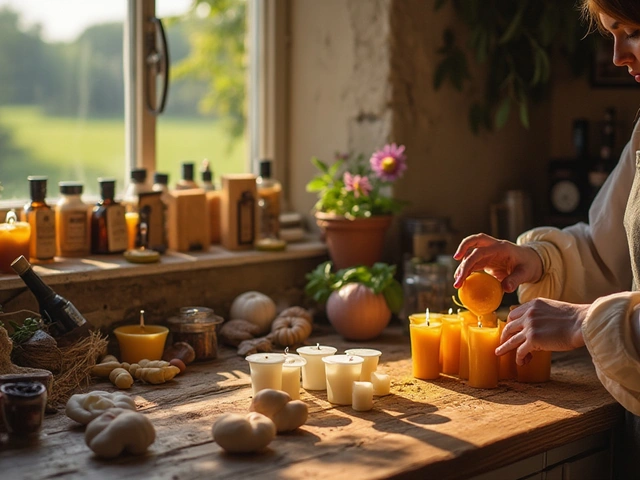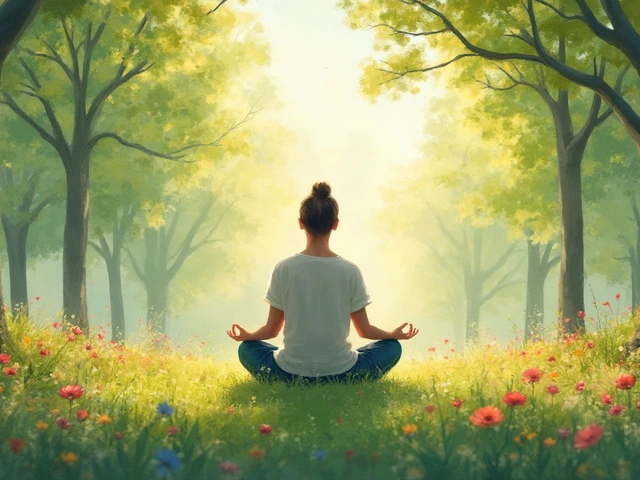Wellbeing Strategies: Practical Habits You Can Use Today
Want more energy, less stress, and better mood without a life overhaul? Small wellbeing strategies—do most of the work.
Daily basics
Start with sleep and movement. Aim for regular sleep times and 7–8 hours. If sleep is short, try a 20-minute nap or a wind-down routine: dim lights, stop screens 30 minutes before bed, and use steady breathing for five minutes. Add short bursts of movement across the day: three 10-minute walks, a quick bodyweight circuit, or stretching at your desk. Movement boosts mood, clears the head, and helps sleep.
Make food and snacks work for you. Swap sugary bites for protein and fiber: a Greek yogurt with berries, a handful of nuts, or hummus with carrot sticks. These snacks curb cravings and stabilize energy. Also include a source of healthy fats and vegetables at each main meal to steady blood sugar and lift mood.
Use simple mindfulness and breathing to cut stress fast. Try the 4-4-8 breath: inhale 4, hold 4, exhale 8. Do it three times when you feel tense. Short daily meditations—three to ten minutes—build focus over weeks. Apps help if you prefer guided sessions, but five minutes alone can reset your day.
Add creative outlets and social time. Paint, hum along to a song, or write for five minutes. Creative acts change how your brain handles feelings. Meet a friend for a walk or call a family member. Social connection lowers stress and gives support.
Treat recovery as a habit, not a luxury. When your muscles ache from exercise, a sports massage or targeted stretching speeds recovery and prevents pain from sticking around. Use foam roller for tight areas, and prioritize rest days with light movement.
Keep your gut in mind. A balanced gut supports energy and mood. Small moves—more fiber from veggies and whole grains, fermented foods like yogurt or sauerkraut, and less processed sugar—make a big difference over weeks.
Build a simple plan
Make goals tiny and track them. Instead of “get healthy,” pick “three 10-minute walks this week” or “five nights of 7 hours sleep.” Check progress in a simple habit app or a paper notebook. Give yourself a win each week and adjust small steps when they feel hard.
When to ask for help: if anxiety, sleep problems, or pain keep you from daily life, see a doctor or a trained therapist. Creative arts therapists, counselors, and physical therapists offer specific tools that speed recovery and build skills.
Pick one small change today. Hold it for two weeks, then add another. These practical wellbeing strategies stack fast—more energy, clearer thinking, and better mood without drama.
Quick weekly plan: Monday — 10-minute walk after work. Tuesday — five minutes of breathing before bed. Wednesday — protein-rich snack mid-afternoon. Thursday — 15 minutes creative time. Friday — foam rolling or light massage. Saturday — longer movement session. Sunday — plan meals and rest. Small repeats make big change. Track progress, celebrate wins, and tweak as needed weekly.
Unveiling the Power of Creative Arts Therapies for Stress Relief: Innovative Strategies for Wellbeing
Hey there, I've found something truly incredible for tackling stress in this hectic world – creative arts therapies! Honestly, it's like uncovering a hidden gem that's been right under our noses. Let me tell you, when I first tried it, I was skeptical. But the impact? Just phenomenal! It’s not your typical stress relief; we’re talking about using creativity to tap into our emotions in a way that's both healing and empowering. These therapies are about using art, music, dance – you name it – to navigate the complexities of our feelings. And trust me, even if you think you're not the 'artsy' type, this could be the game-changer you've been looking for. So, are you ready to explore this with me? Because there's a whole world of creative expression waiting to help us chill out and find that inner peace.
View More





